Nine Potential Successors To Pope Francis: Leading Candidates For The Papacy
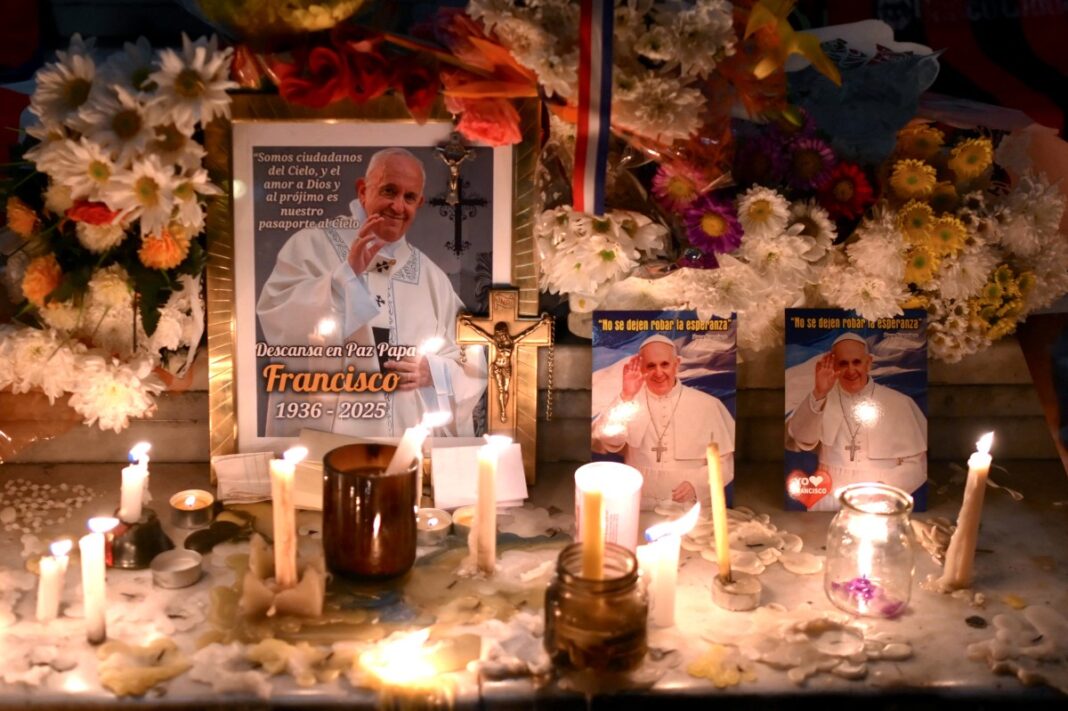
Table of Contents
Cardinal Luis Antonio Tagle, Philippines
A charismatic and globally respected figure, Cardinal Tagle is frequently mentioned among potential successors to Pope Francis.
Strengths:
Known for his engaging communication style, he resonates deeply with younger generations of Catholics. His social justice advocacy and deep theological understanding have earned him widespread admiration. He's a skilled communicator, capable of conveying complex theological concepts in an accessible and inspiring manner. This makes him a potential bridge-builder between different segments of the Catholic Church.
Weaknesses:
Relatively less experience in the intricacies of the Roman Curia compared to some other candidates is a potential drawback. Navigating the complex Vatican bureaucracy requires a specific skillset which he may still be developing.
- Popular among younger generations of Catholics. His approachable style and focus on social issues connect with younger audiences.
- Strong advocate for interfaith dialogue. He actively promotes understanding and cooperation between different religions.
- Experienced in dealing with complex socio-political issues in the Philippines. This experience provides valuable insight into navigating challenging global issues.
Cardinal Pietro Parolin, Vatican City
The current Secretary of State, Cardinal Parolin holds a significant position within the Vatican hierarchy, making him a prominent contender in the discussion of potential successors to Pope Francis.
Strengths:
His vast experience within the Vatican bureaucracy and his strong diplomatic skills are undeniable assets. He possesses an intimate understanding of Vatican operations and global affairs, crucial for leading the Church on the world stage. His established network of contacts across the globe would facilitate smooth transitions and effective leadership.
Weaknesses:
A potential weakness is the possibility of a continuation of current papal policies. This might be seen as a lack of fresh perspective or a missed opportunity for substantial change within the Church. Some might argue for a more radical departure from existing policies.
- Deep understanding of Vatican operations and global affairs. He possesses an unparalleled knowledge of the inner workings of the Vatican.
- Experienced negotiator in international relations. His diplomatic skills are vital for navigating complex international issues.
- Close advisor to Pope Francis. He has firsthand knowledge of the current Pope's vision and priorities.
Cardinal Marc Ouellet, Canada
A prominent figure in the Congregation for Bishops, Cardinal Ouellet holds considerable influence over the appointment of bishops worldwide.
Strengths:
His extensive experience in appointing bishops globally provides a comprehensive grasp of the worldwide Church and its diverse challenges. This deep understanding of the needs and dynamics of various regions would equip him to effectively lead a global institution.
Weaknesses:
His age might be considered a factor influencing his suitability for such a demanding and physically taxing role. The physical demands of the papacy are considerable, requiring stamina and good health.
- Played a key role in shaping the episcopate. His influence extends across the globe through the appointments he has made.
- Deep understanding of the challenges facing the Church in different regions. He has firsthand knowledge of the varied situations within the global Church.
- Strong theological background. His solid theological foundation provides a firm basis for his leadership.
Cardinal Michael Czerny, Czech Republic
Known for his tireless work on migration and social justice, Cardinal Czerny embodies the social justice focus of Pope Francis's papacy.
Strengths:
His unwavering focus on social justice aligns perfectly with Pope Francis's priorities. He is a strong advocate for the marginalized and vulnerable populations, a characteristic greatly admired in the current pontiff. His passionate commitment to these causes resonates with many within and outside the Church.
Weaknesses:
His relatively recent elevation to the Cardinalate might be seen as a lack of experience compared to some other candidates who have served in high-ranking positions for many years.
- Champion for migrants and refugees. His dedication to these vulnerable populations is unwavering.
- Promotes inclusivity and dialogue. He actively seeks to build bridges and foster understanding.
- Strong commitment to environmental issues. He champions environmental protection and sustainable practices.
Cardinal Oscar Rodríguez Maradiaga, Honduras
A long-time friend and advisor to Pope Francis, Cardinal Rodríguez Maradiaga offers a perspective deeply rooted in Latin American realities.
Strengths:
His deep understanding of the challenges faced by the Church in Latin America provides valuable insight into the issues affecting a significant portion of the Catholic world. His extensive experience in the region gives him a unique perspective on the needs and challenges faced by the Church there.
Weaknesses:
Past controversies related to financial management have been raised, casting a shadow over his candidacy. Addressing these concerns transparently would be essential for maintaining public trust and credibility.
- Extensive experience in pastoral work. He has a long track record of providing spiritual and pastoral care.
- Strong advocate for the poor and marginalized. His commitment to social justice is unwavering.
- Long-standing relationship with Pope Francis. This relationship gives him invaluable insight into the current Pope's thinking.
Cardinal Konrad Krajewski, Poland
Known for his charitable works, Cardinal Krajewski embodies the compassionate aspect of the papacy.
Strengths:
He exemplifies the Church's commitment to charity and service to the poor, demonstrating compassion in a highly visible way. His direct actions and visible commitment to those in need make him a popular figure amongst the laity. His approach embodies the essence of Christian charity.
Weaknesses:
A potential weakness is his lack of extensive experience in high-level Vatican administration. The administrative complexities of running the Vatican require significant experience.
- Demonstrates the Church's commitment to charity and service. He exemplifies compassionate action within the Church.
- Popular figure amongst the laity. His actions resonate with many Catholics.
- Known for his simplicity and humility. His personal demeanor aligns with the values promoted by the Church.
Cardinal Kevin Farrell, Ireland
As Prefect of the Dicastery for Laity, Family, and Life, Cardinal Farrell’s expertise aligns with contemporary Church concerns.
Strengths:
His expertise in family and pastoral issues places him in a strong position to address contemporary challenges within the Church. His experience in pastoral leadership provides him with a deep understanding of the challenges faced by families and parishes.
Weaknesses:
He might lack the global recognition of some other candidates, which could potentially hinder his ability to unite the diverse global Catholic community effectively.
- Deep understanding of family life and its challenges. He is well-versed in the complexities of modern family life.
- Experience in pastoral leadership. His experience as a pastor provides invaluable practical knowledge.
- Close collaborator with Pope Francis. This provides valuable insight into the current Pope's approach to leadership.
Cardinal Christoph Schönborn, Austria
A prominent theologian and respected voice within the Church, Cardinal Schönborn brings significant intellectual weight to the discussion.
Strengths:
He is a renowned theologian with a deep understanding of Church doctrine and tradition. His intellectual contributions are highly respected within the Catholic community and beyond. He provides a solid foundation for theological debate and discourse.
Weaknesses:
His age, similar to other candidates, might be a factor to consider, given the physical and mental demands of the papacy.
- Articulate voice on important theological matters. He offers well-reasoned positions on complex theological issues.
- Respected for his intellectual contributions. His theological insights are widely valued.
- Strong commitment to ecumenism. He actively promotes dialogue and cooperation between different Christian denominations.
Cardinal Blase Cupich, USA
A progressive voice in the American Church, Cardinal Cupich represents a more moderate approach to some of the issues debated within the Church.
Strengths:
He represents a progressive wing of the Church, advocating for inclusivity and dialogue on challenging issues. He champions social justice and promotes understanding and compassion.
Weaknesses:
Compared to Pope Francis' more radical approach, his positions might be seen as more moderate by some. Some might perceive this as a lack of bold vision or decisive action.
- Committed to addressing issues of social justice. He actively works to promote equality and justice.
- Promotes dialogue and understanding. He emphasizes the importance of constructive dialogue and finding common ground.
- Strong communicator. He has the ability to convey his views effectively and engage different audiences.
Conclusion
Predicting the next Pope is inherently speculative. However, by examining the strengths and weaknesses of these nine potential successors to Pope Francis, we gain a clearer understanding of the diverse perspectives and experiences that could shape the future of the Catholic Church. The next election will undoubtedly be a pivotal moment, and the chosen successor will face significant challenges and opportunities. Further research into each candidate's writings and public statements will provide a more comprehensive understanding of their views and potential impact. Continue your exploration of potential successors to Pope Francis and stay informed about this crucial development within the Catholic Church. Understanding the potential successors to Pope Francis is vital for understanding the future direction of the Catholic Church globally.

Featured Posts
-
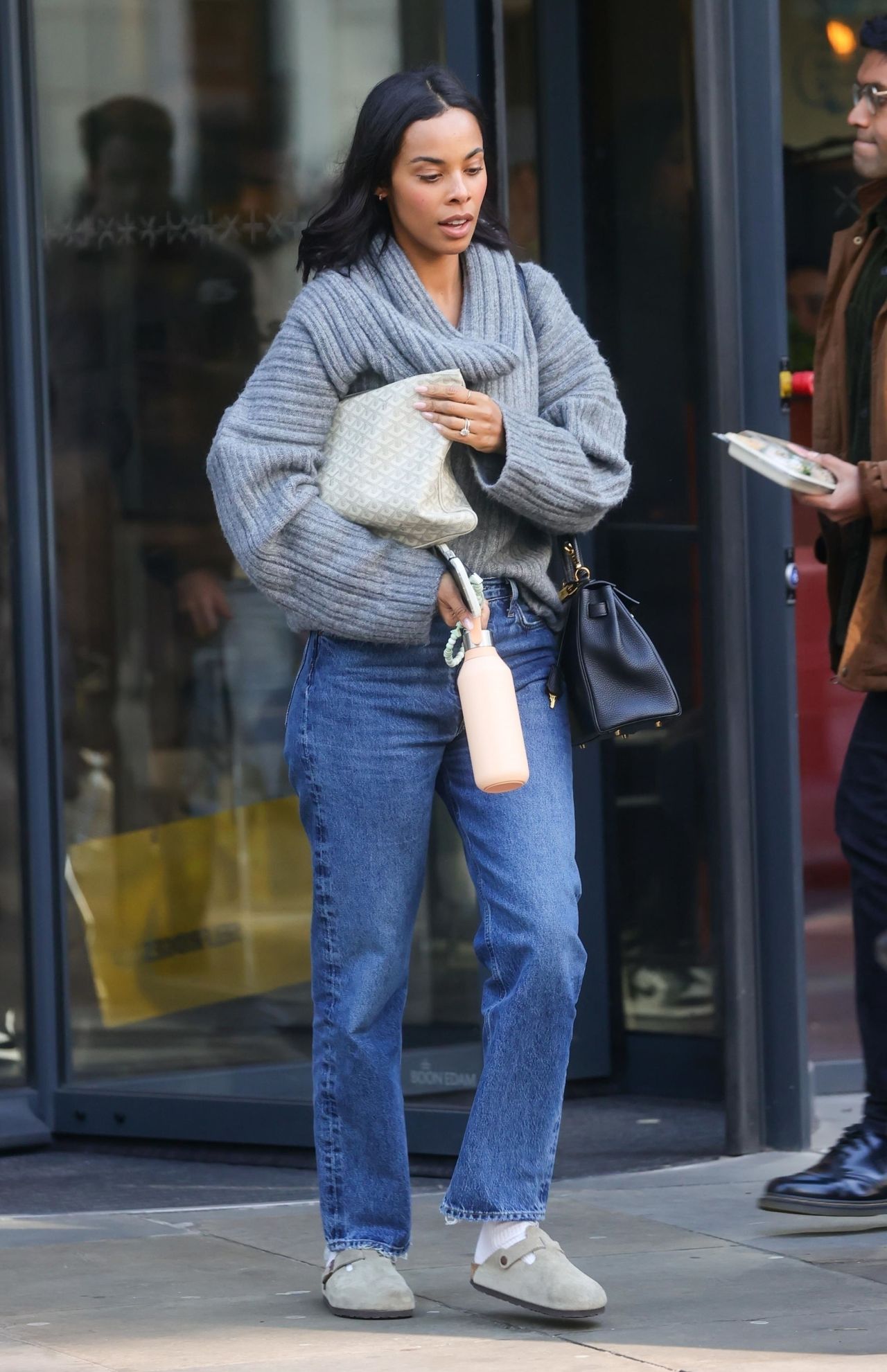 Rochelle Humes Chic New Hairstyle At London Fashion Week
May 11, 2025
Rochelle Humes Chic New Hairstyle At London Fashion Week
May 11, 2025 -
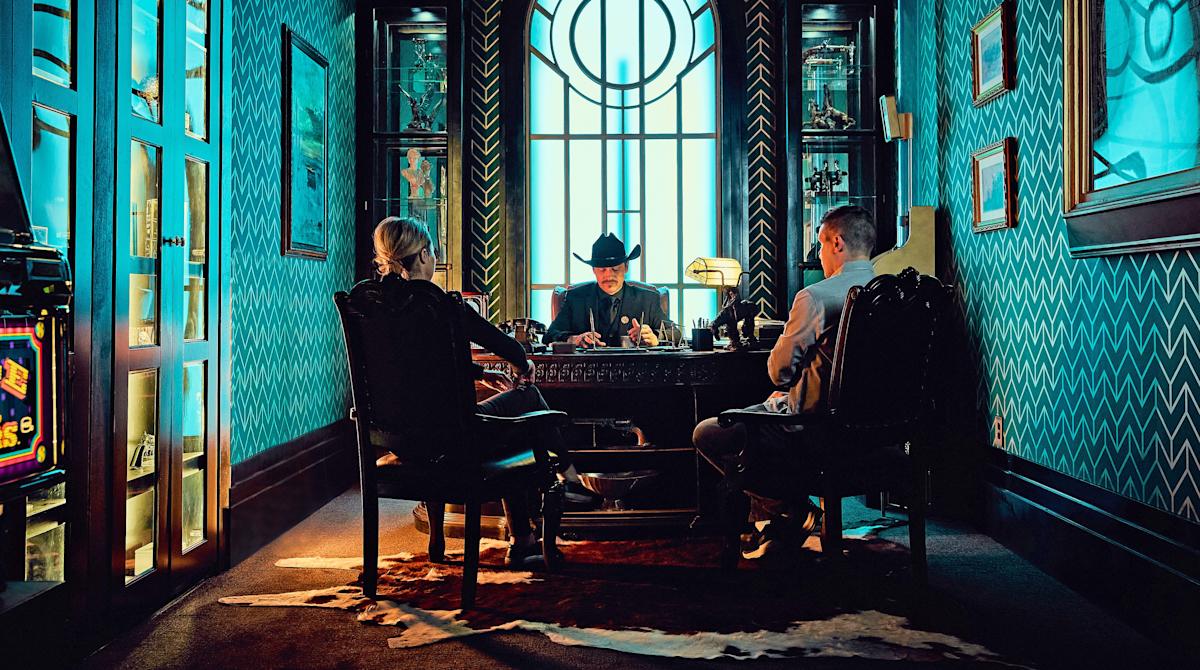 Experience John Wick The Interactive Exhibit Opens In Las Vegas
May 11, 2025
Experience John Wick The Interactive Exhibit Opens In Las Vegas
May 11, 2025 -
 Is Meeting Shane Lowry Possible A Fans Perspective
May 11, 2025
Is Meeting Shane Lowry Possible A Fans Perspective
May 11, 2025 -
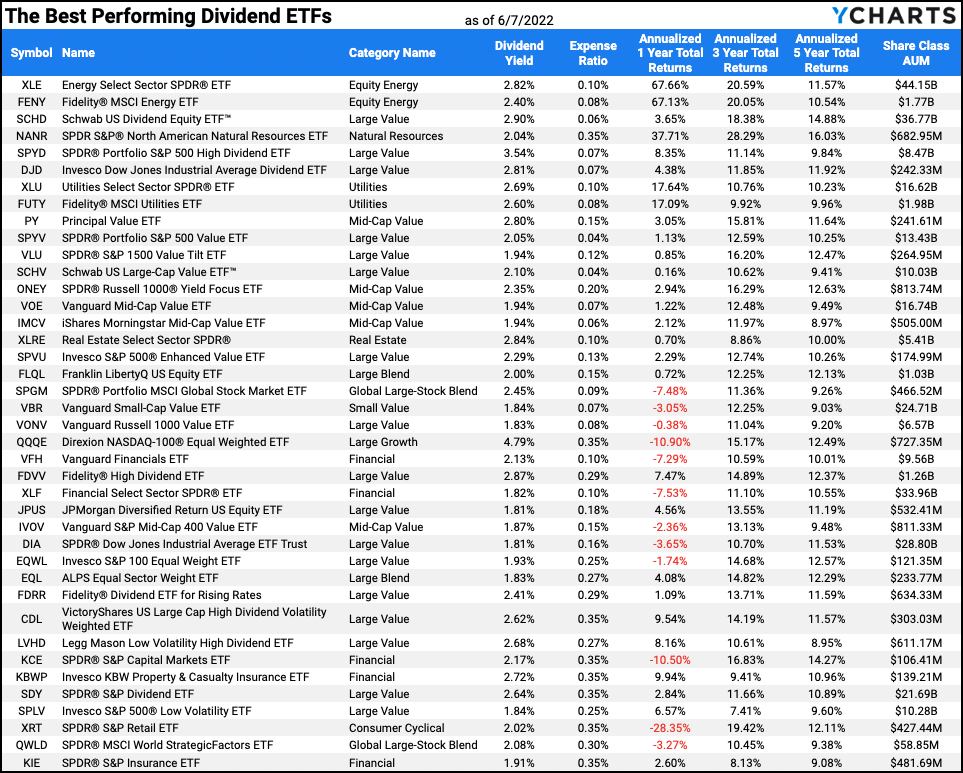 A Simple Path To High Dividend Returns The Most Profitable Strategy
May 11, 2025
A Simple Path To High Dividend Returns The Most Profitable Strategy
May 11, 2025 -
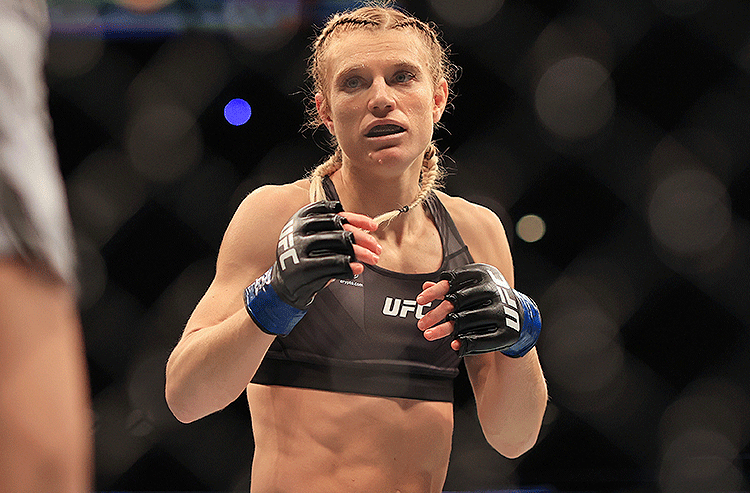 Ufc 315 Shevchenko Vs Fiorot Predictions Picks And Odds
May 11, 2025
Ufc 315 Shevchenko Vs Fiorot Predictions Picks And Odds
May 11, 2025
